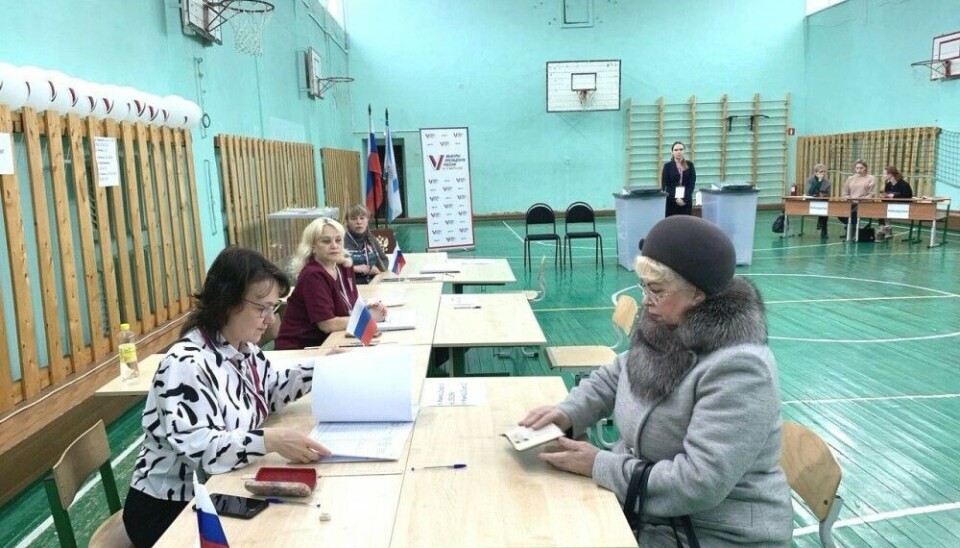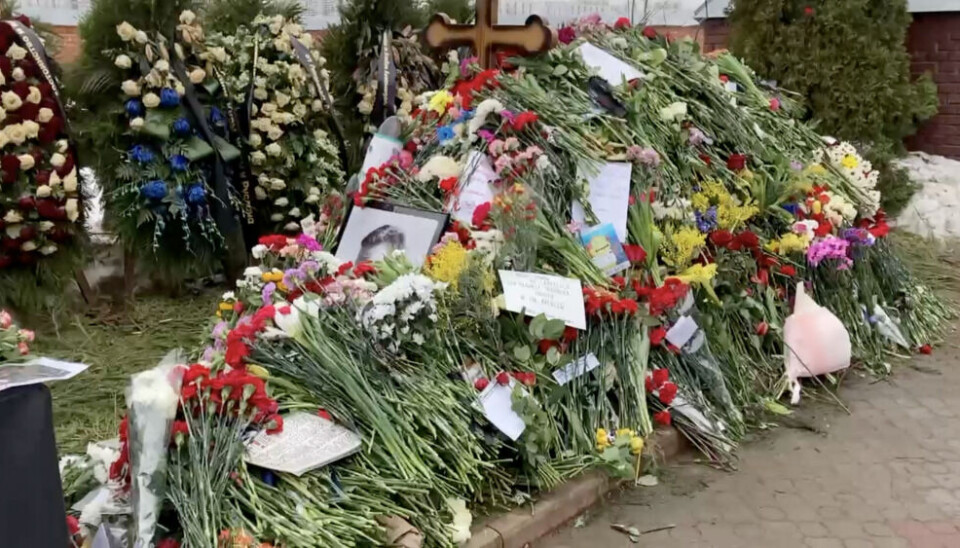
Russian authorities warn “simultaneous” gatherings at polling stations is a “criminal offense”
The warning is aimed at the opposition's “Noon against Putin” action.
Moscow prosecutor’s office issued an official statement on its social media page saying they “identified” calls online “for an unlimited number of people to arrive simultaneously to participate at 12:00 p.m. on March 17, 2024, in uncoordinated mass public events at polling stations in Moscow with the aim of violating election legislation… Since these illegal actions can distract citizens from freely exercising their voting rights and distract the work of election commissions, we clarify that Art. 141 of the Criminal Code of the Russian Federation provides for criminal liability.”
From March 15 to 17 Russia is holding what opposition calls Kremlin-controlled Presidential elections, which will extend Vladimir Putin’s rule for another 6 years into his fifth term. In a country where any form of protest is outlawed, such a symbolic action as “Noon against Putin” is seen as a legal way to protest.
The “Noon against Putin“ was the last wish of the Kremlin critic Alexei Navalny, who died in a Russian prison on February 16, 2024. Thousands of people showed up at his funeral in Moscow despite big risks.
In his Facebook post on February 1, 2024, while in prison, Alexei Navalny promoted the “Noon against Putin” action:

Besides the prosecutor’s office warning, there have been other signs authorities are worried about the crowds gathering for the “Noon” action. David Kankia, the analyst from the independent Russian elections watchdog “Golos”, published on his Facebook scans of “instructions for the elections observers” where they are guided on how to “detect in the crowd” the action participants. Among the signs are the following:
“That could be a strong demonstration of national sentiment, - Navalny wrote, - The real voters versus the fiction of e-voting. Real people standing in line to vote “against” Putin, versus fake and fraudulent “yes” votes… This protest action is completely legal and safe. Moreover, the authorities themselves are calling for people to participate (in the elections) and organize pie sales there.There is no way to stop this action. Well, what can they do? Will they close the polling stations at 12 noon? Will they organize an action in support of Putin at 10 AM? Will they register everyone who came at noon and put them on the list of unreliable people? At 12 noon the turnout is already high, there are a lot of people and it is simply impossible to identify those who vote against Putin.”
“It is obvious that the result of these elections is known in advance… as it is totally controlled by the system that has been forming in Russia for the last 20 years… So now it is not about the result, but about the impression the elections will make…”, - Shulman says in the interview - “I think the necessity to kill Navalny was connected to the pre-election time. In the context when the Special Military operation popularity plummets, in the context when any legal way to show your disagreement immediately gets support among the population… To keep Navalny alive, even though he is in prison, was considered too dangerous as he can still call people to do something and they would do it… ”
The observers are also instructed to make a video, “especially faces”, of the action participants and send them to a WhatsApp number.
“Artificial creation of a crowd, prevention of the movement of the voters…. Loud aggressive behavior…Agitation in support of A. Navalny, agitation against the current President, against the Special Military Operation (the official Russian term for the invasion of Ukraine)”
Russian political analyst Ekaterina Shulman underlines that Russian authorities are worried now because the fact that people do what the Navalny’s team is calling for, threatens the image of the elections the state propaganda wants to create:
The Kremlin-controlled presidential elections in Russia are held in the context when none of the anti-war candidates were allowed to participate, despite the big public support. Boris Nadezhdin, openly proclaimed that Putin leads Russia to a “catastrophe”, was not allowed to be registered as a candidate. Another anti-war candidate Yekaterina Duntsova was disqualified as well.














